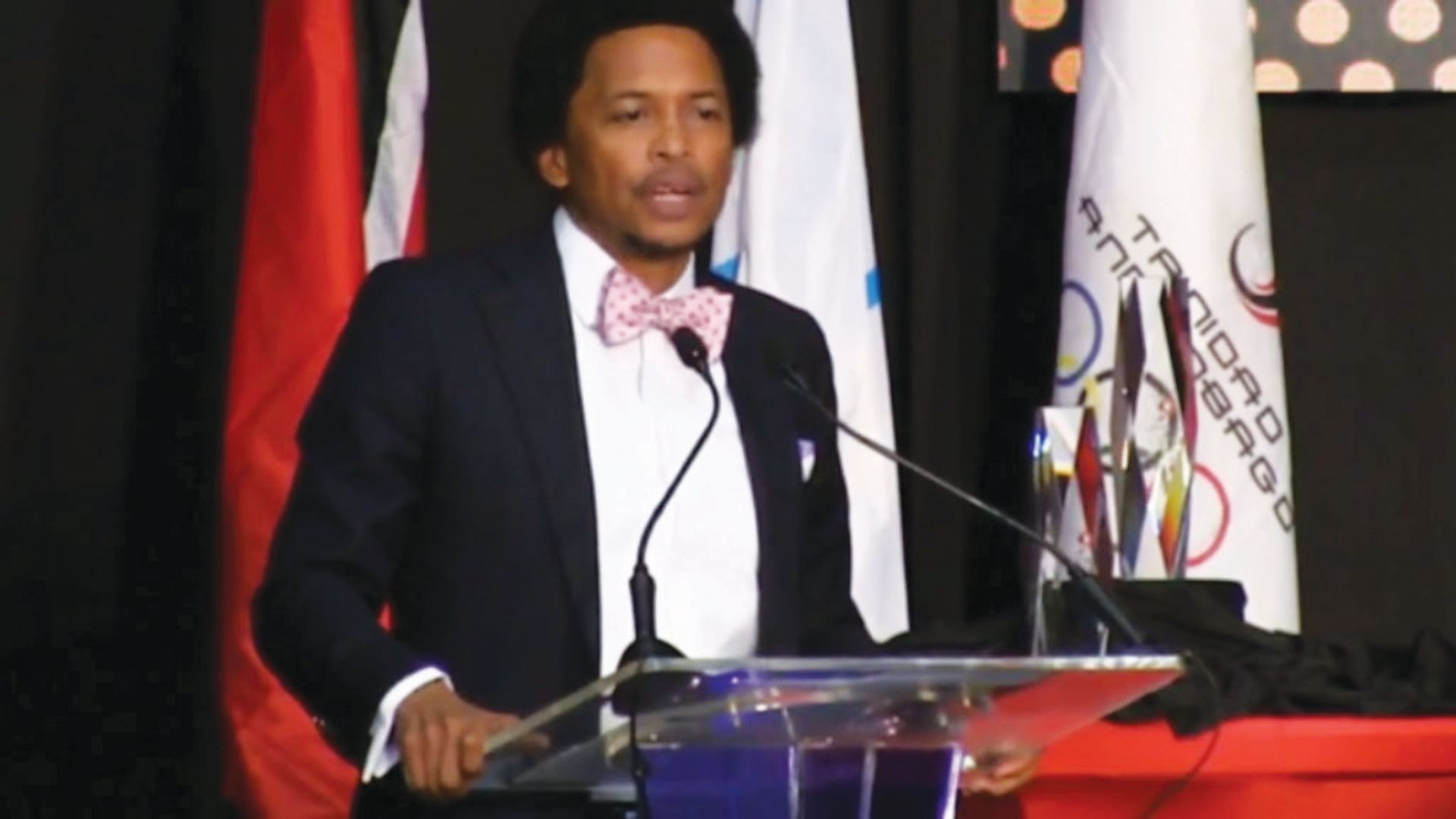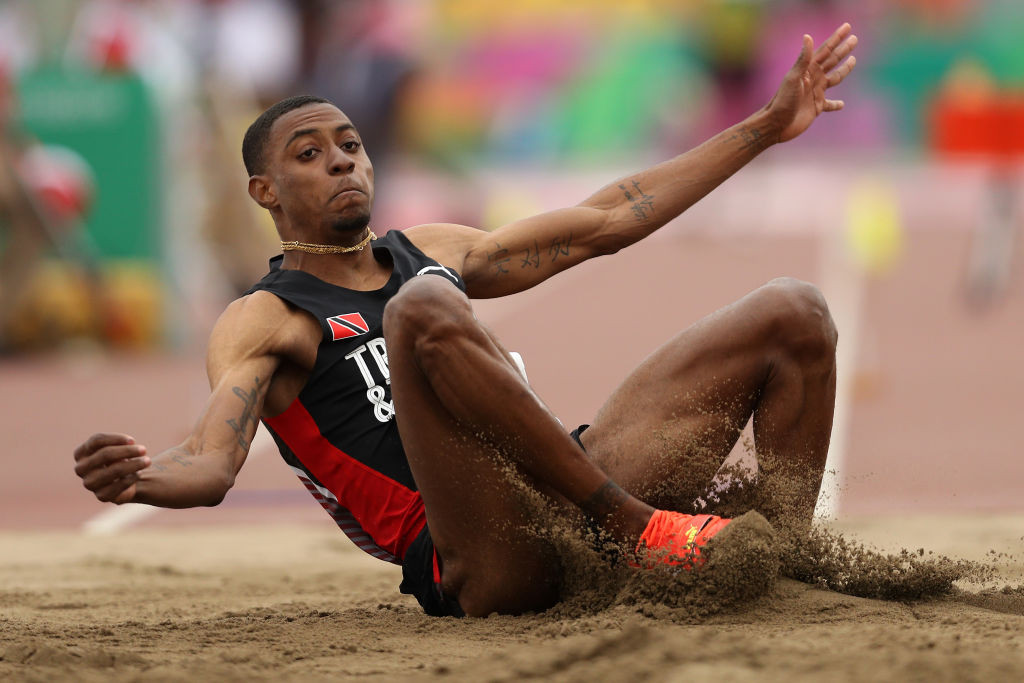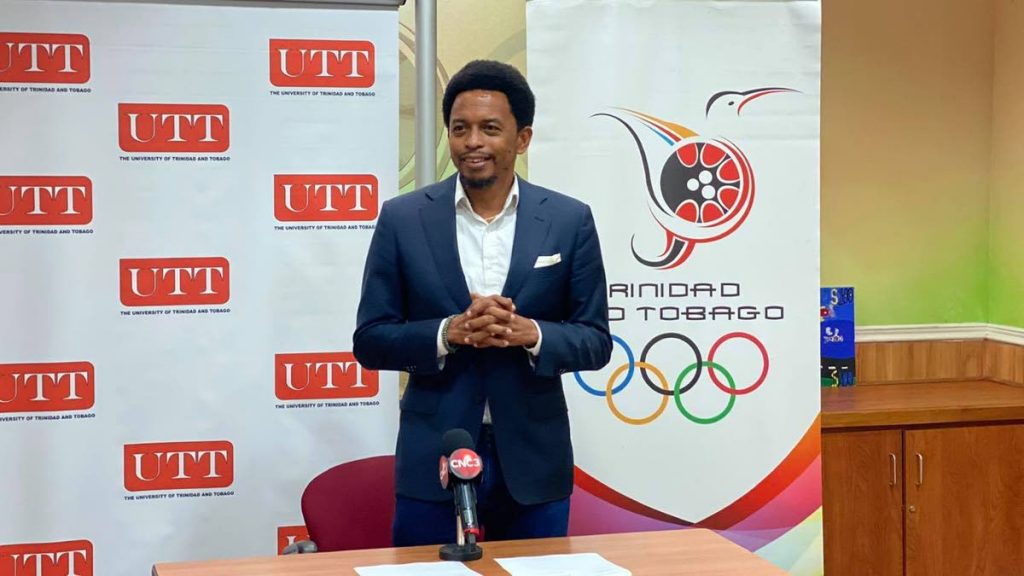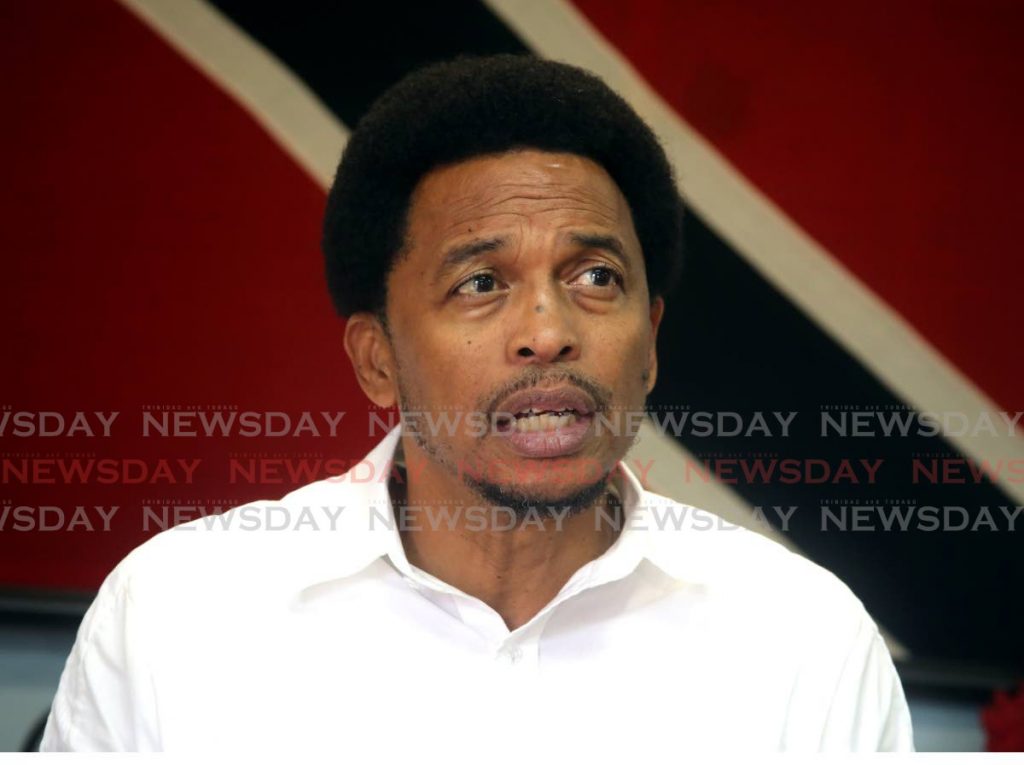The T&T Olympic Committee (TTOC) continues to push for national sporting organisations (NSOs) to practice good governance, so on Saturday at its annual general meeting (AGM), the committee presented its governance report and made recommendations to ensure the sustainability of each member organisation.
TTOC president Brian Lewis, his executive and members gathered virtually as a result of the coronavirus (COVID-19) pandemic which forced the postponement of the AGM which was due at the end of April.
Using the good governance commitment of seven points presented by the TTOC executive to the affiliates for approval and adoption at the AGM back in 2016 as a result of a series of interviews and a workshop by Professor Leigh Robinson, the expert from the International Olympic Committee (IOC), it was revealed that the shortfall in management skills which was seen in 2015, is still valid today.
According to the report: "Activities such as marketing, planning and performance assessment are short-changed or even neglected in favour of the more technical aspects of the sport such as coaching and competition and NSOs are also very much in need of leadership training."
Last year, the TTOC conducted an audit of the NSOs in relation to the 2016 good governance commitment. This report was set out to establish a baseline measurement of the extent to which the seven elements of Professor Robinson’s proposed commitment to good governance have been adopted.
Based on the discussions held and questionnaires completed during last year's audit, it was noted that within the three-year period since the commitment was made, only two of the elements have been implemented by a significant number of NSOs. The first is a constitutional review and the second is, having role outlined for board positions.
As a result of these findings, the TTOC made a further commitment to the code stating: "As we approach another year when the World continues to face so much uncertainty let us make use of this opportunity to reflect and create the strategies to honour our commitment to the seven codes of 2016 to ensure the sustainability of our organisations and the practice of good governance."
Lewis enhanced this statement saying: "I predict the TTOC Governance report will become an essential and anticipated report by Sport Industry TT stakeholders. We will continue to work with sport governance experts such as Dr Leigh Robinson to improve the reporting mechanism.
"We also have the Sport Integrity Global Alliance (SIGA) Universal standards and IOC governance standards."
Noted in the annual report was the significant increase in the number of requests to settle disputes between athletes and their respective NSOs which has made the thrust by the TTOC for good governance, even more relevant.
Under the heading mediation/arbitration it said: "Over the year, the TTOC has experienced a significant increase in the number of requests for mediation/arbitration between athletes and their respective NSOs. For the period January to December 2019, the TTOC facilitated six arbitration hearings and three arbitration appeal hearings. Each hearing lasts approximately two hours and requires a hearing committee of at least three persons.
"All hearings facilitated by the TTOC were successfully resolved."
Good news but the TTOC feels that it could better serve these organisations by developing strategic goals and direction, help the respective boards monitor the performance of its organisation to ensure it achieves these goals, and basically ensure that the NSO acts in the best interests of its members.
"It was clear from the audit interviews that, while affiliates read and even reviewed their constitutions, they were not always aware of what implications the language might have on their operations. In some instances, the language was more legal than practical, and in others, it was vague and left room for misinterpretation," the report stated. "Our first recommendation, therefore, is to ensure that all NSOs are adequately equipped and informed to understand, interpret and amend their constitutions."
The report advised that this can be accomplished through a series of practical workshops, within which organisations, grouped according to their size or similarity of sport (e.g. team sports), are educated, trained and advised by qualified persons on each aspect of their constitution.
"It is a process of engagement and facilitating," said Lewis. "In my view, it's important that we not use the report as a stick or punitive or to name and shame. We build awareness and create opportunities for improvement."
The report suggested that NSOs are also very much in need of leadership training. The priorities of NSOs are the day-to-day operations of their sport, while the more strategic activities are given attention mainly for reporting purposes.
In an effort to encourage better practices, the TTOC is considering implementing a mechanism that rewards affiliates who produce measurable evidence of good governance within a particular funding or other avenues that can act as external motivating factors for NSOs to lead in good governance practices or follow the examples of those who do.
"Eventually it will get to the point where the report will be used as a credible reference point on governance by the Ministry of Sport, Sport Company and Corporate T&T," said Lewis.





